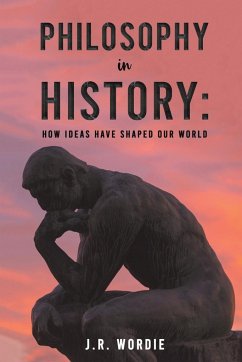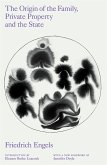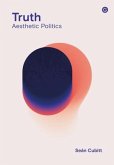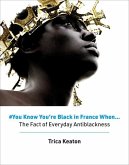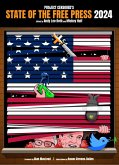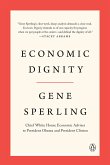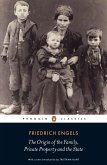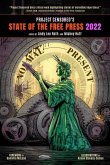What kind of forces have shaped our modern world? Have they been political, economic, scientific, or perhaps even theological? The answer is that all of these forces have been at work, but they have all been the product of ideas, as our views on all of these topics have changed over time. Can ideas be more powerful than armies? Surprisingly, the answer is 'yes'. History teaches us that nothing is more powerful than an idea whose time has come. Throughout history, rulers, generals and in our own day even stockbrokers and plutocrats have always imagined themselves to be in charge, with that last group even describing themselves as 'masters of the universe'. In reality, however, all of these individuals have themselves been the products of ideas, owing their positions entirely to existing trends of thought. How this has come about and how it has delivered for us our present-day world are the themes explained in this book.
Hinweis: Dieser Artikel kann nur an eine deutsche Lieferadresse ausgeliefert werden.
Hinweis: Dieser Artikel kann nur an eine deutsche Lieferadresse ausgeliefert werden.

